|
It remains the case that in some jurisdictions police sometimes subject suspects to torture, ill-treatement, psychological pressure and threats in order to obtain confessions. Such practices may be the result of poor knowledge, limited skills, or inadequate police training.
|
|
In response to these challenges, law enforcement agencies are increasingly turning to investigative interviewing techniques. This framework provides a methodology which is applicable to all types of criminal investigations.. The evidence-based methodology, founded on the PEACE model, was developed in the United Kingdom in response to documented cases of forced confessions and wrongful convictions in the 1980s and 1990s. By prioritizing accuracy and impartiality, investigative interviewing fosters a structured, ethical approach that aims to protect the rights of all interviewees and improve the reliability of gathered information.
|

| The investigative interviewing framework allows interviewees to narrate their accounts without interruption, before being presented with any inconsistencies or contradictions (from evidence), while ensuring they are treated fairly and equally in the process. |
| This is a non-adversarial, rapport-based approach to interviewing suspects, which prioritizes the presumption of innocence and suggests a model of criminal investigation which is more effective in preventing coercion and solving crimes. |
| While knowledge of certain facts may guide the questioning, it should not influence the stages or structure of the interview, nor should it close the interviewer’s mind to other possibilities and explanations. |

The United Nations Manual on Investigative Interviewing for Criminal Investigation, a collaborative effort by the Department of Peace Operations, the Office of the High Commissioner for Human Rights, and UNODC.
The manual not only serves as a guiding document for the United Nations Police (UNPOL) officers in their mandated roles of mentoring, monitoring, advising and training, but also establishes a foundational resource for police development and capacity-building initiatives across the United Nations system.

